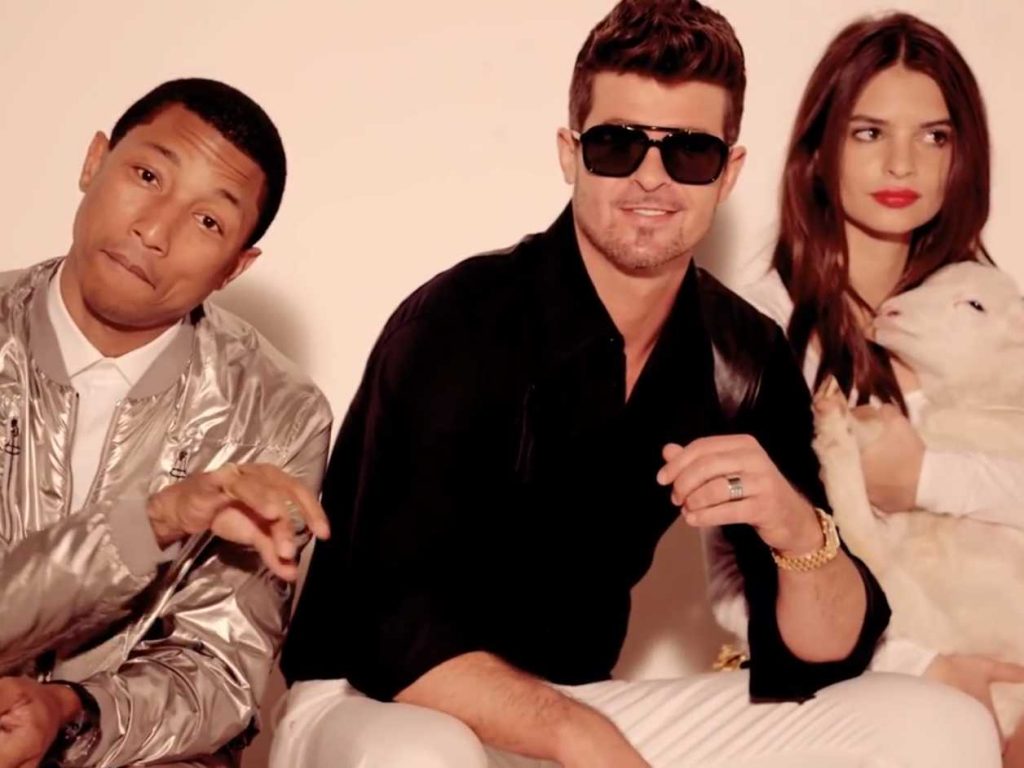What kind of things do you look for when asking for consent? Does the following quote fit in with your idea of consent?
“[L]ook in your eyes…calling me… breath[ing] in your neck slowly. Lemme murmur things in your ear, so that you remember if you’re not with me. Slowly. I want to undress you in kisses slowly. Firmly in the walls of your labyrinth, and of your body, I want to create a manuscript.”
If you haven’t guessed already, these words are the English translation to the chorus of the hit-song ‘Despacito’ by Luis Fonsi ft. Daddy Yankee and Justin Bieber. And if they make you uncomfortable, you’re definitely not alone.

Consent is a big, topical issue that doesn’t seem to get as much spotlight as it should, as it is so important when it comes to the prevention of sexual violence. Let’s take a look back at our question at the top. If your answer was ‘yes’ or ‘oh yeaahhhh’, then we’ve got a lot to talk, buddy.
The main idea of consent, which is that, for sexual activity to be consensual, two people have to say “yes”, is generally well understood. But there is so much more to consider when looking for enthusiastic consent, and this is where the big issue lies: in the gap in the understanding of what consent truly looks like.
A beckoning look is not full consent. Not being stopped is not full consent, because not saying “no” doesn’t mean saying “yes”. One may also verbally say, “yes”, but we need to be mindful of the situations where there may be no consent. For example, if the person is too drunk to consent or if they’re feeling pressured or fearful. Gaining full consent takes into account everything, from words to actions, and even to involuntary actions. Always ask and be aware of your partner. For both parties to truly enjoy the company, both parties must give enthusiastic consent, in words and actions.
Another problem that stems out of this is the fact that songs like ‘Despacito’ go viral worldwide. Yes, it may have some catchy tunes, but what would the people who haven’t been taught or don’t understand the importance of consent think? That, because it’s very popular, it’s acceptable to imitate the actions that they hear in the song? This is the kind of mentality that has a hand in facilitating inappropriate behaviour, and if not changed, can accumulate to and lead to disastrous actions, such as sexual violence.

This is a similar discussion to those that occurred around the ‘Blurred Lines’ controversy, the song by Robin Thicke ft. TI and Pharrell Williams that was tagged as “rapey” by many for its lack in representation of enthusiastic and explicit consent, with lyrics as vague as “you know you want it.” There is no definitive saying that listening to ‘Despacito’ or similar songs will lead to sexual violence. But how can we assume that every person – child, teenager and adult – listening to this understands the importance of getting full consent first? For example, a study reported in a Guardian article claimed that “80% of parents had found their children copying explicit lyrics or dance from music videos” (Lynskey, 2013). It is best when people have been taught about consent, so that they have the knowledge and ability to breakdown the messages they hear and decide whether or not these messages are inappropriate in real life situations.
The media is such a powerful tool, and with the viral and ‘sticky’ nature of songs – being so catchy, they get stuck in your head! – we just need to be careful of what kind of messages get around. Of course, it’s impossible to stop people from creating (and what a dull world it would be if we did), but we can work together to educate people on the importance and the right signs of consent, in order to prevent further sexual violence.
And it starts with educating yourself!
Click on these links so that you can learn more about consent:
What Consent Looks Like – https://www.rainn.org/articles/what-is-consent
A great article that gives you an overview of what consent is, applying it real-life and the fact that consent can be withdrawn anytime.
Teaching Consent Doesn’t Have to Be Hard by Beth Hoover – https://www.tolerance.org/magazine/teaching-consent-doesnt-have-to-be-hard
Consent doesn’t necessarily only apply to sexual activity, it can be for any interaction with another person. This article explains how consent can be taught to children through more common examples, like reading a best friend’s diary or playing a game of catch.
Tea and Consent by Thames Valley Police – https://www.youtube.com/watch?v=pZwvrxVavnQ
Maybe it’s too daunting or confusing to consider consent in sexual activities; here’s a short video to explain how consent can be as simple as offering a cup of tea.
‘Despacito’ English Translation Reveals Luis Fonsi’s Less-Than-Innocent Lyrics by Allegra T. Hanlon – https://www.billboard.com/articles/columns/latin/7873132/despacito-lyrics-translation-english-meaning
If you’d like to read the rest of the English translation…
Blurred Lines: the most controversial song of the decade by Dorian Lynsky – https://www.theguardian.com/music/2013/nov/13/blurred-lines-most-controversial-song-decade
There are a number of explicit songs (and growing) from the music industry, what is it that makes ‘Blurred Lines’ so controversial? This article by Dorian Lynskey discusses the different arguments to the consequences of ‘Blurred Lines’.

